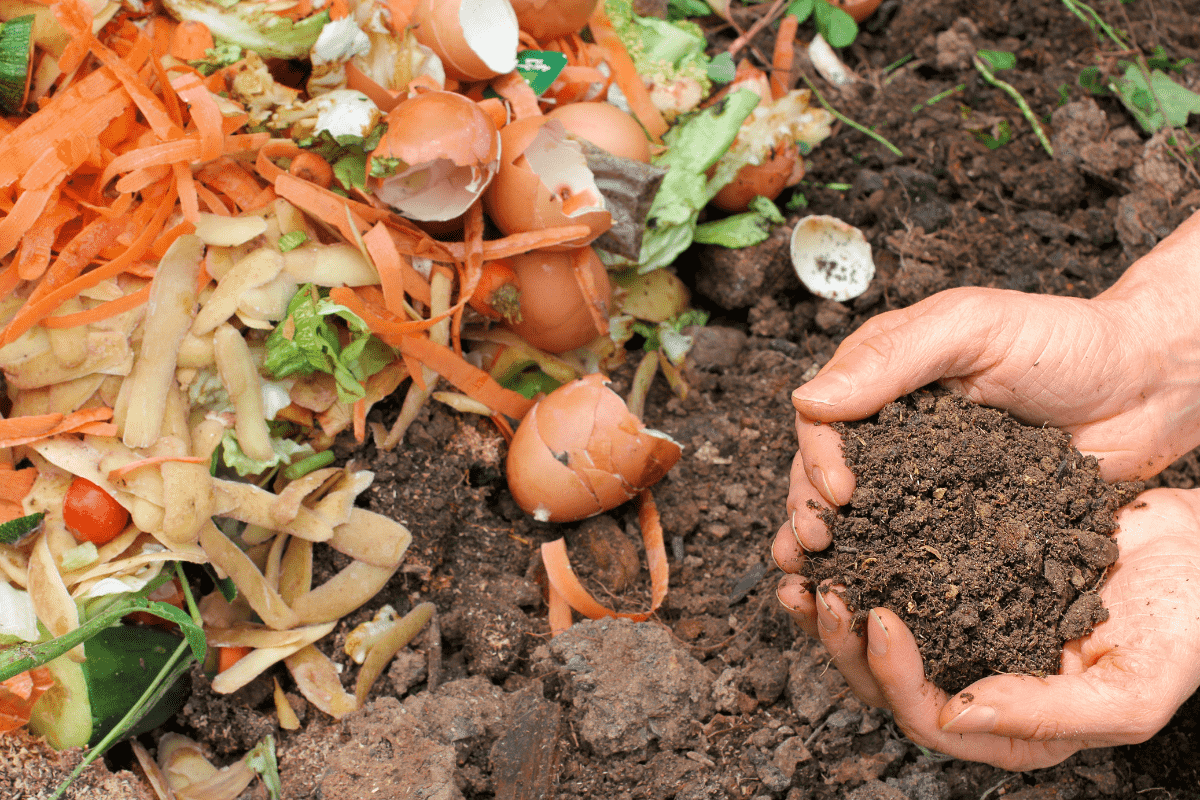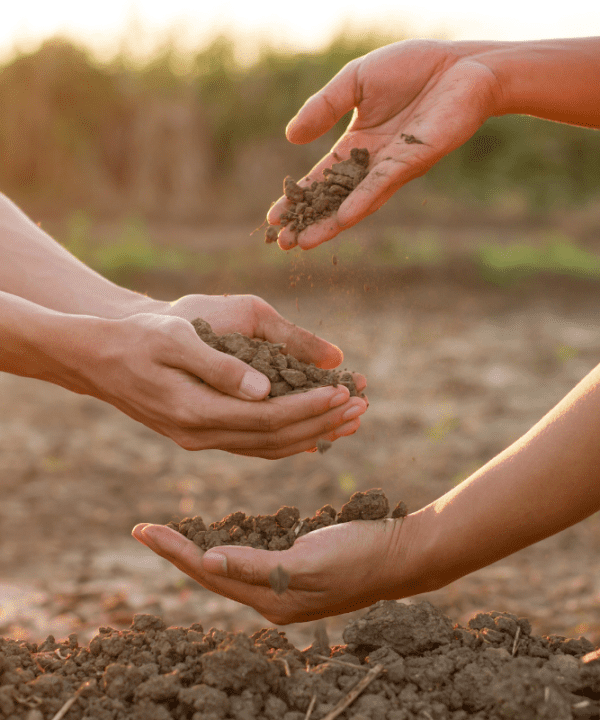
PROJECT DETAILS
- Project No 4979
- Project Name Microbial production of polyhydroxyalkanoates (PHAs) from organic waste
- Lead Organisation Water Research Australia
- Research Lead RMIT
- Main Researcher Soulayma Hassan
- Completion Year 2027
Project Description
Conventional plastic materials produced from non-renewable resources such as petroleum-based plastics pose serious environmental concerns due to their non-degradable nature. Each year, over 300 million tons of plastic are produced worldwide, from which at least 14 million tons end up in surface waters. Therefore, the development of bio-based materials derived from renewable resources have received extensive attention.
Polyhydroxyalkanoates (PHAs) are biopolymers produced by microorganisms i.e., bacteria and archaea and accumulate in cells as energy storage substances. These biopolymers can be considered as potential eco-friendly alternatives of conventional plastics due to their biodegradability and sustainability. Despite the increased interest in PHAs, its deployment into the market is still in early stages due to its high production cost, mainly the cost of carbon sources used in the microbial cultivation process. Thus, the need to find efficient and cheap substrates to advance the production of PHAs. Organic wastes such as agricultural waste are largely produced worldwide. The use of these residues as alternative for PHAs production not only reduces the cost of production but also helps to preserve the limited fossil fuel resources and reduces the amount of waste sent to landfilling.
This project will focus on enhancing the production of PHAs using different organic waste streams as feedstock, optimising the experimental conditions, identifying the best microbial strains for production, and addressing knowledge gaps related to the feasibility of a large-scale production.





